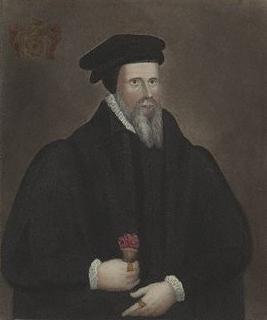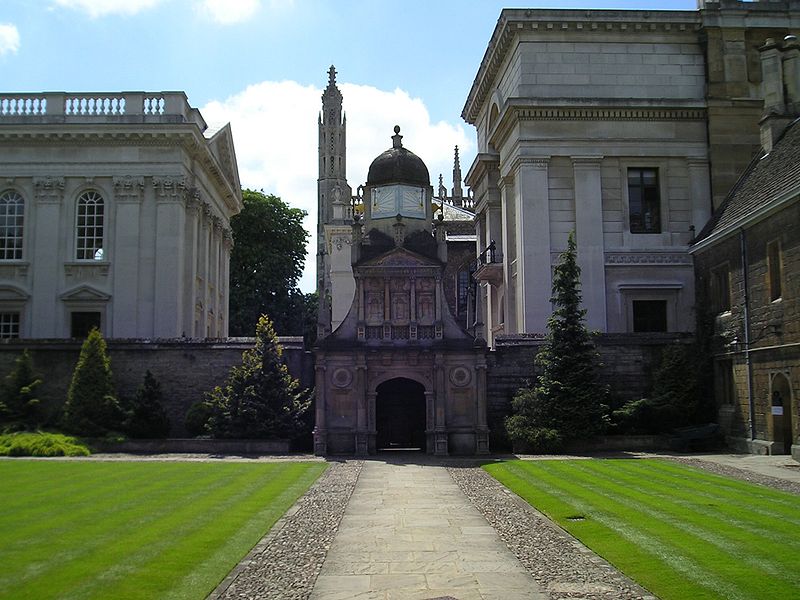<Back to Index>
- Physician John Caius, 1510
- Opera Singer Johanna Maria Lind, 1820
- King of Denmark Frederick VII, 1808
PAGE SPONSOR


John Caius (6 October 1510 – 29 July 1573), also known as Johannes Caius, was an English physician, and second founder of the present Gonville and Caius College, Cambridge.
Caius was born in Norwich and in 1529 was admitted as a student at what was then Gonville Hall, Cambridge, founded by Edmund Gonville in 1348, where he seems to have mainly studied divinity. After graduating in 1533, he visited Italy, where he studied under the celebrated Montanus and Vesalius at Padua; and in 1541 he took his degree in physic at Padua. In 1543 he visited several parts of Italy, Germany and France and then returned to England.
Caius was a physician in London in 1547, and was admitted as a fellow of the College of Physicians, of which he was for many years president. In 1557, at that time physician to Queen Mary, he enlarged the foundation of his old college, changed the name from "Gonville Hall" to "Gonville and Caius College," and endowed it with several considerable estates, adding an entire new court at the expense of £1,834. He accepted the mastership of this college 24 January 1558 to 1559 on the death of Dr Bacon, and held it till about a month before his own death. He was physician to Edward VI, Queen Mary and Queen Elizabeth. He returned to Cambridge from London for a few days in June 1573, about a month before his death, and resigned the mastership to Dr Legge, a tutor at Jesus College. He died at his London house, in St Bartholomew's, on 29 July 1573, but his body was brought to Cambridge, and buried in the chapel under the well known monument which he had designed.
Caius was a learned, active and benevolent man. In 1557 he erected a monument in St Paul's Cathedral to the memory of Thomas Linacre. In 1564, he obtained a grant for Gonville and Caius College to take the bodies of two malefactors annually for dissection; he was thus an important pioneer in advancing the science of anatomy. He probably devised, and certainly presented, the silver caduceus now in the possession of Caius College as part of its insignia; he first gave it to the College of Physicians, and afterwards presented the London College with another.
He was also a pioneer naturalist, prepared to make his own observations about nature rather than simply relying on accepted authorities. He was ready to make journeys about the country to see and record unusual animals. He corresponded with the Swiss naturalist Conrad Gesner, with whom he had made friends while returning from Padua. He wrote a study of British Dogs to send to Gesner as a contribution (not used) to his Historiae Animalium, and also sent him drawings of dogs, which were printed in later editions of Gesner's work.
Caius is believed to be the inspiration for the character of Dr Caius in Shakespeare's play the Merry Wives of Windsor.